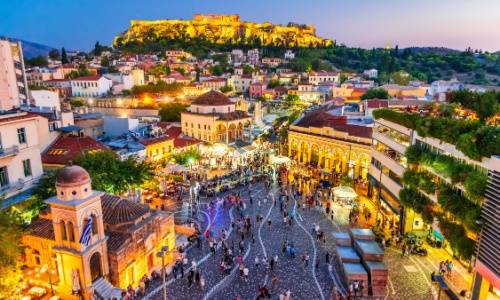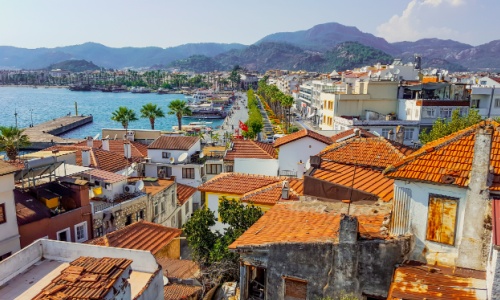9 Indigenous-Owned Retreats to Visit Across Canada
September 30 marks the National Day for Truth and Reconciliation in Canada. A wonderful way to immerse yourself in Indigenous culture and history is through travel. Here is a selection of nine Indigenous-owned and operated retreats across Canada, each offering unique and genuine experiences. For instance, Spirit Bear Lodge in the Great Bear Rainforest in B.C. hosts inclusive multi-day adventures for whale watching or viewing grizzly bears and coastal wolves during rainforest explorations. Métis Crossing in Smoky Lake, Alberta, provides experiences like canoeing along historical fur trade routes, as well as workshops in beading and moccasin making. Meanwhile, Frontier Lodge, located on the East Arm of Great Slave Lake in the Northwest Territories, is renowned for fishing adventures targeting lake trout, arctic grayling, and northern pike, along with tours of Thaidene Nëné, an Indigenous Protected Area and Canada’s newest national park. These destinations allow First Nations, Métis, and Inuit communities to share their rich stories.
>>Read More on CBC
Canada Introduces Four New Cycling Tourism Routes Nationwide
Destination Canada has launched four new cycling tourism corridors as part of its 2030 Tourism Strategy. Each corridor will celebrate the region’s natural beauty and offer cyclists a chance to experience its unique landscapes and cultures. The “Cycle Ontario and Quebec” corridor will connect riders with local artisans, bike-friendly businesses, and Indigenous communities. The “Field to Fork” corridor spanning Saskatchewan and Manitoba will offer culinary experiences and farm-to-table dining. The “Northern Sky Corridor,” linking Edmonton, Alberta, to the Northwest Territories, will focus on Indigenous cultural experiences. Lastly, the “Juan de Fuca Corridor,” a cross-border route from British Columbia to Washington State, will invite cyclists to explore the picturesque Pacific Northwest.
>>Read More on Momentum

Train Etiquette in Japan: Tips for Tourists to Blend In
Japan’s major islands—Honshu, Hokkaido, Kyushu, and Shikoku—are interconnected by a comprehensive and dependable train network, including urban, regional, and high-speed shinkansen (bullet trains). This system is renowned for its reliability, efficiency, and safety, making it the preferred mode of transport for both locals and tourists. However, the unspoken rules of train travel in Japan differ from those on North American subways. Passengers typically keep noise to a minimum, opting for silent reading or quiet phone use, while loud conversations are frowned upon. Eating is also often considered impolite on local trains due to potential disturbances from strong food odors or spills; however, eating on bullet trains is acceptable, with many stations offering ekiben (bento boxes) for passengers. It’s crucial to understand these differences to avoid standing out as a tourist in Japan.
>>Read More on Japan Today

Why Tourists Should Avoid Eating in Plaka: A Must-Visit Destination in Athens
The winding streets of Plaka are bustling with tourists as it is located near some of the best attractions in Athens, such as the Acropolis, the Acropolis Museum, and the Roman Agora. Consequently, the area is filled with numerous cafés and restaurants catering to visitors. However, the quality of food and service can vary greatly, as reflected in reviews on platforms like Tripadvisor. Those who dine in Plaka often pay a premium for convenience, ambiance, and prime people-watching spots. If you’re looking to save money and enjoy a more authentic experience, consider venturing just a 20-minute walk away to discover where the locals eat.
>>Read More on Explore

An Affordable Mediterranean Getaway Awaits in This Tourist-Friendly Coastal Town in Turkey
Marmaris, Turkey, is a beautiful resort town celebrated for its stunning turquoise waters, lively marina, and picturesque beaches, making it a perfect destination for sailing and water sports enthusiasts. Surrounded by pine-covered mountains and the Mediterranean Sea, Marmaris offers a vibrant atmosphere with its bustling nightlife, charming Old Town, and nearby historical sites like the ancient city of Knidos. Although Marmaris is often overshadowed by more famous Turkish destinations such as Istanbul or Cappadocia, this leads to fewer crowds and a more relaxed experience for those seeking both natural beauty and cultural enrichment.
>>Read More on Islands




